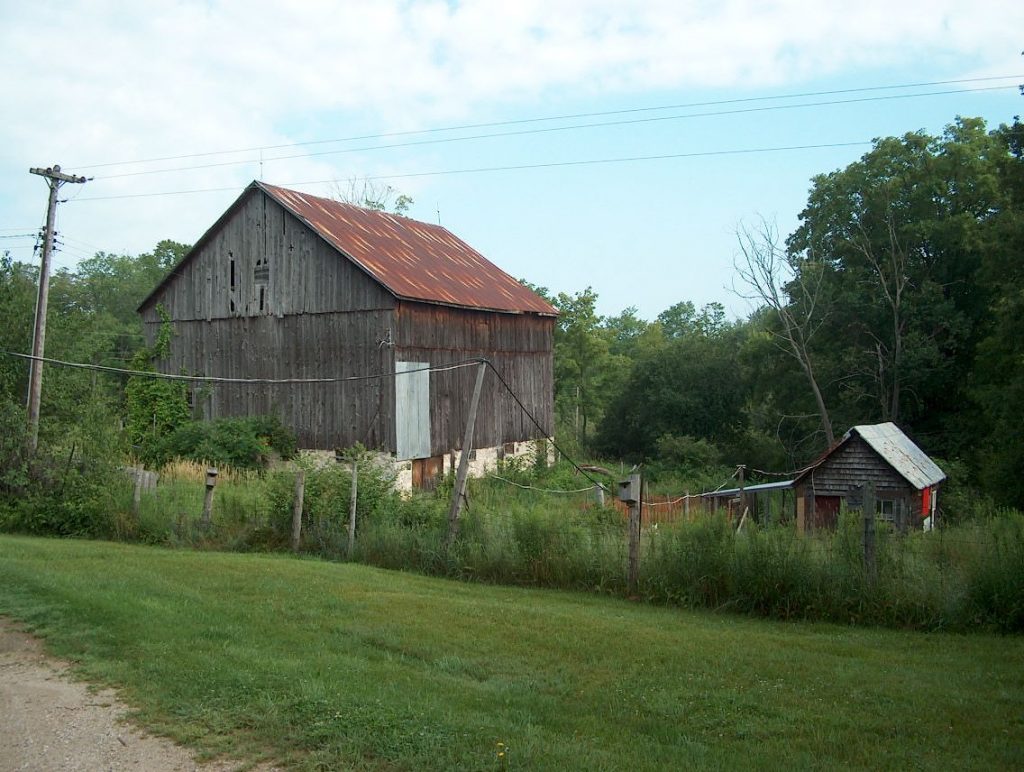Ontario Nature Blog
Receive email alerts about breaking conservation
and environmental news.
© Lora Denis
Wild turkey © Noah Cole
As we continue to grapple with COVID-19, we are also faced with an outbreak of H5N1, a highly pathogenic strain of avian influenza among the North American bird population. Birders and scientists alike are understandably concerned about this development.
H5N1 is a highly contagious strain of the avian influenza virus (AIV). AIV occurs naturally in wild birds and is circulated among migratory flocks.
H5N1 is considered a highly pathogenic avian, meaning, that unlike AVIs of the low pathogenic variety, it has the potential to result in serious illness and even death for an infected bird. In addition to being deadly, H5N1 is a highly contagious virus that could cause mass illness.
According to the Canadian Food Inspection Agency, the first case of H5N1 was detected in Ontario on March 27, 2022 at a poultry farm in the township of Guelph/Eramosa. So far, all confirmed cases in Ontario have been found on poultry farms, among both commercial and small flocks.
The World Health Organization stresses that the risk of bird-to-human transmission remains low at this time. People at greatest risk of contracting H5N1 are those who work with poultry.
As of writing, there have been no human cases of AIV linked to wild birds in North America. The only known case of bird-to-human transmission in North America was a poultry worker in Colorado.
H5N1 #AvianFlu virus is in Canada.
— Ontario Nature (@OntarioNature) July 26, 2022
If you see a dead, injured or sick bird, do not touch it. Instead, please report your sighting ⤵️ https://t.co/pBBlrM7a51
According to the Government of Canada, a bird infected with AIV may exhibit the following symptoms:

If you see a dead, injured or sick bird, do not touch it. Instead, report it to the Canadian Wildlife Health Cooperative (CWHC) emergency hotline at 1-800-567-2033 or by using their online reporting tool. Readers in Ontario can also contact the Ontario regional centre of the CWHC at 1-866-673-4781.
It remains safe to maintain backyard bird feeders. However, the government of Canada advises people to remove bird feeders in areas used by poultry or other domestic animals.
For those of you with feeders in your yards, you can help blunt the spread of H5N1 by regularly cleaning those feeders with a weak solution of domestic bleach (10% sodium hypochlorite). Rinse your feeders thoroughly and let them dry before using them again. Be sure to wash your hands carefully in warm, soapy water after handling bird feeders.
Lastly, do not handle any wild birds or allow them to feed from your hands. If you are a bird bander, be sure to follow safe handling practices.
* This is an evolving situation. Check with your local health or conservation authority for the latest guidance.

Gananoque Lake Nature Reserve © Smera Sukumar